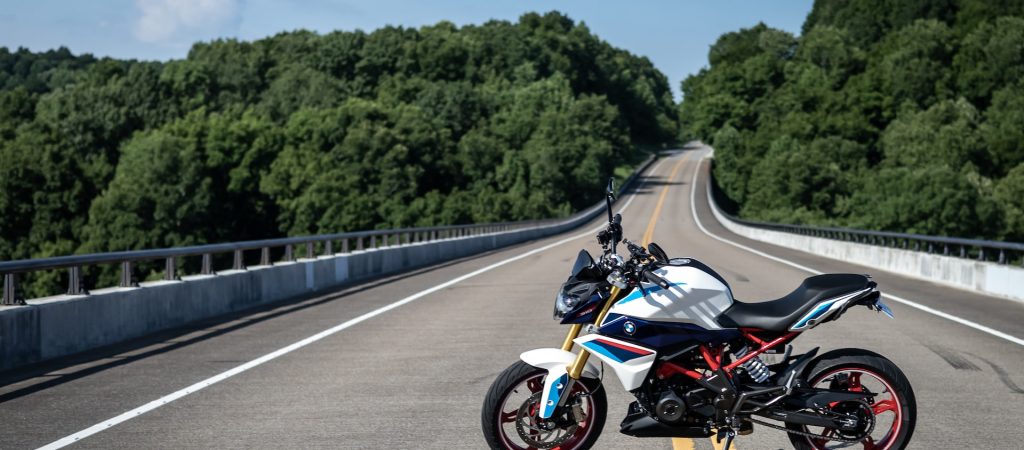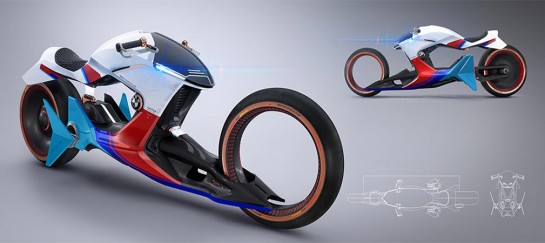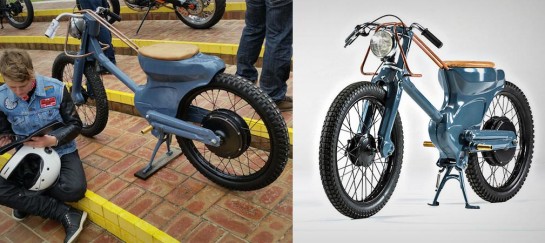
A Round-up of Helpful Tips for Healing After a Motorcycle Crash
Motorcycle accidents can be devastating, both physically and emotionally. If you’ve been involved in a motorcycle crash, your body is likely to be dealing with the impact of the trauma for some time afterward. The healing process can take months or even years, depending on the severity of your injuries. As part of that process, it’s important to look after yourself and seek out all available help and support. We’ll provide a round-up of helpful tips for healing after a motorcycle crash – from medical treatment options to emotional well-being advice – so you can get back on track as soon as possible.
Hire an Attorney
Following a crash, it’s important to seek legal advice as soon as possible. An experienced motorcycle accident attorney can help you assess your legal options and ensure that you get the compensation you need for medical costs and other damages. With advice from a helpful motorcycle accident attorney, you’ll be able to get the best possible outcome. Additionally, many attorneys offer a free initial consultation to assess your case. For example, you might be able to file an insurance claim or a lawsuit if deemed necessary.
Filing a Compensation Claim
A lawyer will also be able to help you file a compensation claim, which is an essential part of the healing process after a motorcycle crash. Depending on your circumstances, you may be entitled to financial assistance for medical bills, lost wages, and other expenses incurred as a result of the accident. In addition to helping you file a claim, an attorney can also negotiate with insurance companies and other parties to ensure that you receive the best possible outcome. When filing a claim, make sure to keep detailed records of all expenses and damages related to the accident.
Obtain Medical Treatment
It is important to seek medical attention as soon as possible after a motorcycle crash, even if it doesn’t seem like you have any serious injuries. A doctor will be able to check for any internal injuries that may not be immediately obvious and make sure you get the right treatment. Additionally, having a thorough examination by a medical professional can provide evidence of your injury should you need to pursue legal action in the future.
Hospitalization: If needed, you may be hospitalized for a few days to make sure you receive proper treatment. Your stay could be longer depending on the severity of your injuries and whether you need any additional rehabilitation or surgery.
Rehabilitation: Depending on the nature of your injury, you may need physical therapy, occupational therapy, speech therapy, or other rehabilitative services to regain strength and mobility. It is important to follow the doctor’s orders precisely and attend all appointments as scheduled to make sure that recovery is as successful as possible.
Follow-up Appointments: Even after leaving the hospital or completing rehab, it is still important to attend any follow-up appointments with your doctor so that they can monitor progress and check for any further complications that may arise. Long-term planning and care are essential for successful recovery.
Medical Records: Make sure to keep track of all your medical records, including scans, lab tests, doctor’s notes, and any other documents related to your treatment. These can be invaluable if you decide to pursue legal action in the future.
Insurance Claims
Most medical treatments associated with a motorcycle crash are covered by insurance, but it is important to understand the specifics of what is included in your policy so that you can make sure all necessary treatments are taken into account when filing a claim. The claims process can be complicated and lengthy; having a lawyer on your side to handle this aspect of the case is highly recommended.
Take Time Out To Rest
The healing process requires rest – so don’t feel guilty about taking time out for yourself. Even if you are feeling well enough to carry on with daily activities, getting plenty of rest is essential to give your body time to heal. This could mean taking a break from work or even just reducing your hours. While it might be difficult to scale back your commitments, it can make all the difference in terms of aiding a speedy recovery.
Seek Professional Help
If you’re struggling with emotional issues such as depression or anxiety following a crash, seeking professional help is essential. Counseling and therapy can provide support and guidance during this challenging time – so don’t be afraid to speak up if you need it. You may also want to join a local support group for motorcyclists who have been through similar experiences; connect with fellow bikers online or ask around in your area for any groups nearby. It’s natural to feel angry, anxious, or overwhelmed at times when dealing with the aftermath of a crash. However, it’s important to stay positive and focus on the things that make you happy, such as spending time with friends or family, reading a good book, or doing something creative like painting. Do whatever you can to keep your spirits up – it will help speed up the healing process.
Learn From the Experience
It’s important to learn from experience – take time to reflect on what happened and think about how you can prevent similar accidents in the future. If possible, ask a trusted friend or mentor for their view on the situation and look out for any practical advice they might have. Whether it’s wearing protective gear or taking extra safety measures while riding, many things could help protect you in the future. Additionally, consider taking a course in safety training or seeking out tips from professional motorcyclists.
It can be hard to pick up the pieces after a motorcycle crash, but by following these steps, you can make sure that you’re doing everything possible to aid your recovery and get back on track. With the right kind of help and support, you will be able to move forward with confidence – and remember, it’s never too late to start healing.
Daily Newsletter
Subscribe to Jebiga for a dose of the best in gear, design, rides, tech and adventure.





